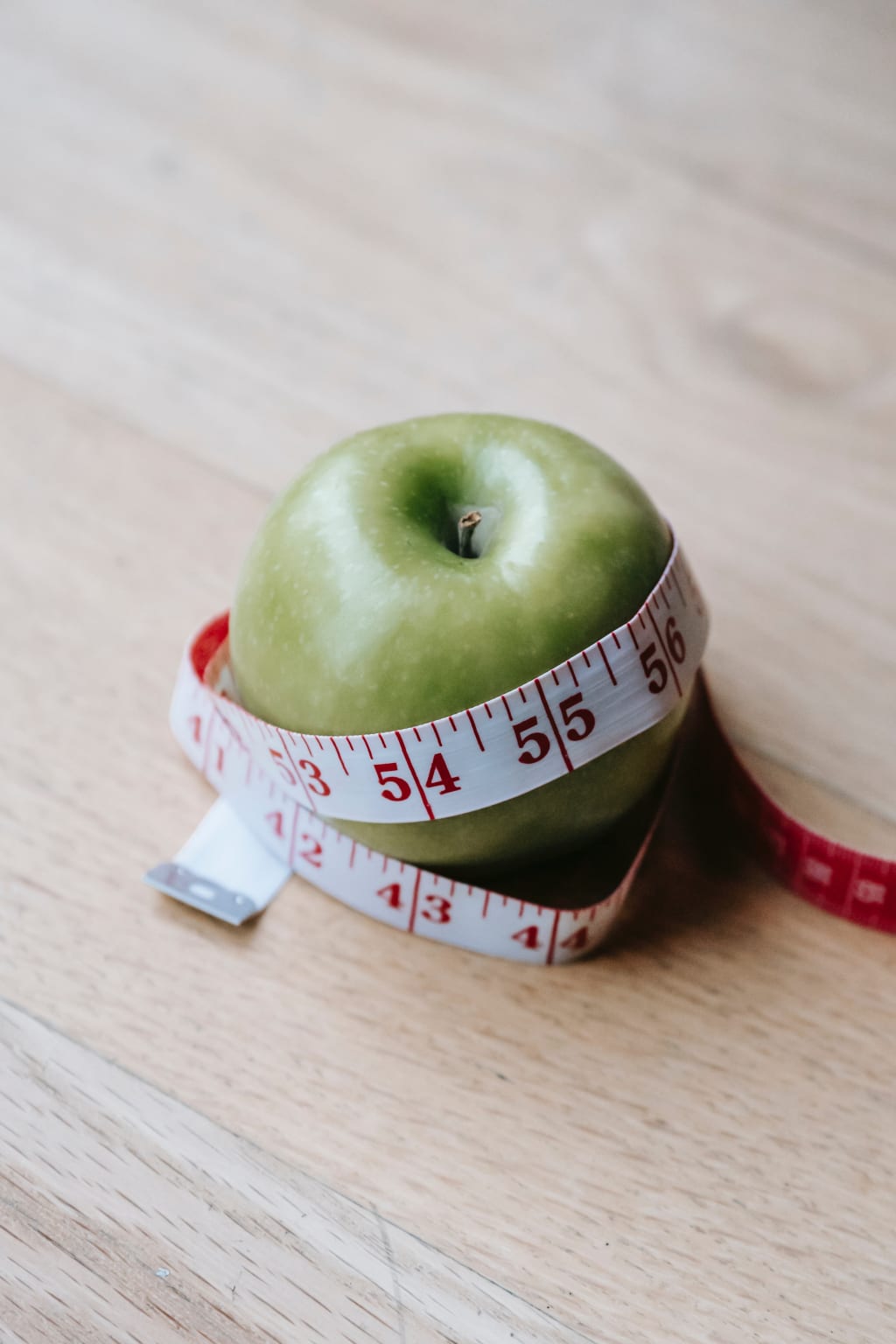
Starting a healthy diet can be a daunting task, but it doesn't have to be. By making small, gradual changes to your diet, you can improve your health and achieve your goals without feeling overwhelmed.
The first step in starting a healthy diet is to understand the basics of nutrition. This means learning about the different food groups, the nutrients they provide, and the recommended daily intake for each. The five main food groups are: fruits, vegetables, grains, proteins, and dairy. Each group provides important nutrients for your body, and it's important to include a variety of foods from each group in your diet.
The second step is to assess your current eating habits and identify areas that need improvement. Keep a food diary for a week or so, noting what you eat and when. Look for patterns and areas where you can make healthier choices. For example, if you notice you tend to skip breakfast or eat a lot of processed snacks, you know you need to make changes in those areas.
Next step is to set specific, measurable and achievable goals for yourself. Instead of resolving to "eat healthier", set a more specific goal, such as "I will eat a serving of fruit or vegetables with every meal." This way, you have a clear and tangible objective to work towards.
The next step is to make small, gradual changes to your diet. Instead of trying to overhaul your diet overnight, start by making small changes that are sustainable over time. For example, instead of cutting out all sugar, you
can start by reducing the amount of added sugars you consume by cutting back on sugary drinks, desserts and snacks. Similarly, instead of cutting out all carbs, you can start by choosing whole grains instead of processed foods. These small changes will help you to get used to a healthier way of eating, and make it more likely that you'll stick to your diet in the long term.
Another important step is to plan ahead. Meal planning can help you make healthier choices by ensuring that you have healthy foods readily available. Plan your meals in advance and make a grocery list accordingly. This can help you to avoid last-minute takeout or processed meals.
It's also important to be mindful of portion sizes. Eating appropriate portion sizes is crucial for weight management and maintaining a healthy diet. Use measuring cups, a food scale, or your own hand as a guide to help you learn what a proper portion size looks like.
In addition to making changes to your diet, it's also important to make sure you're getting enough physical activity. Regular exercise can help you to maintain a healthy weight, improve your overall health and increase your energy levels. Aim for at least 30 minutes of moderate-intensity exercise on most days of the week.
Finally, don't be too hard on yourself if you slip up. Starting a healthy diet is a journey, not a destination. It's normal to have setbacks and slip-ups, so don't let them discourage you. Instead, focus on getting back on track and recommit to your goals.
In conclusion, starting a healthy diet is about making small, sustainable changes to your eating habits, learning about nutrition, setting realistic goals and being consistent. Remember, it's a gradual process and perfection is not the goal. Taking the time to plan and prepare healthy meals, control portion sizes, stay active, and treat yourself with compassion, can help you to develop healthy eating habits that will last a lifetime.
It's also important to be mindful of your nutrient needs and consult with a healthcare professional or a registered dietitian to ensure that you have all the information you need to make healthy choices. For example, if you have a medical condition or dietary restrictions, a professional can help you to create a diet that meets your specific needs.
Another thing to consider is to not rely on fad diets or quick fixes. Fad diets may promise fast results but they are not sustainable in the long run. They often involve extreme restrictions, leading to feelings of deprivation and a lack of essential nutrients. Instead, focus on making long-term changes to your diet that can be maintained for a lifetime.
Lastly, make sure to enjoy the food that you are eating. Food is not only a source of nourishment but also a source of pleasure. Take time to savor your meals, eat with others and avoid eating while you are distracted. This can help you to develop a healthy relationship with food and make the process of starting a healthy diet more enjoyable.
In summary, starting a healthy diet can be achieved by understanding the basics of nutrition, assessing your current habits, setting realistic goals, making small gradual changes, planning ahead, being mindful of portion sizes, staying active, being patient and consistent, consulting a professional and having a positive attitude towards food. It is a continuous effort to nourish and provide your body with the nutrients it needs, and with time and consistency, a healthy diet will become a lifestyle.
About the Creator
Lux Gems
Gemologist Unveiling Earth's Jewels Explore the world of gems with me! I'm passionate about uncovering the secrets and stories behind these precious treasures.From their origins to their allure,let's dive into the sparkling world of gemolo.






Comments
There are no comments for this story
Be the first to respond and start the conversation.